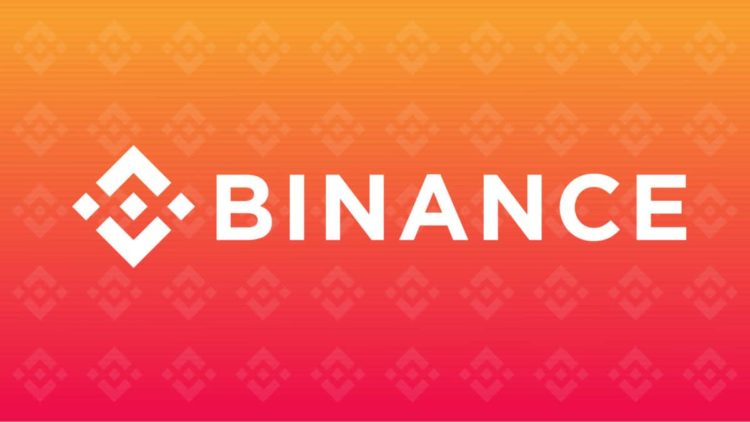Ethereum’s gas fees have continued to rise as its token price continues to break new all-time highs. The high cost can be blamed on the rise of Decentralized Finance (DeFi), which has taken intermediaries out of financial transactions. Now, there is an average fee of $20 for Ethereum transactions, the highest ever level for the number two cryptocurrency.
The astronomical fees have affected exchanges, as Binance has already paid $10 million in gas within the past week.
The number of transaction blocks that require verification keeps adding up as more users carry out these transactions. As a result, the congestion has made it more expensive to execute.
Binance spends the largest gas fees
The fact that Binance is spending large amounts on Ethereum gas fees shows how popular the exchange has become. About 4.2% of all the gas fees by exchanges were spent by Binance. The second heaviest spender is Huobi, with 1,066 ETH spent over the past week.
With more complex Ethereum transactions require user fees, its gradually affecting smart contract platforms.
However, there are high expectations that the next phase of the ETH 2.0 rollout coming within the next two years will solve this scalability issue. Due to the problem, several platforms have emerged to help alleviate the issues facing the Ethereum network’s feasibility and speed.
Binance Smart Chain (BSC) to improve network
The ETH 2.0 Beacon Chain is already live. But for staking to be completely implemented, it will take some time.
Binance is not also leaving anything to chance as it has developed its DeFi-enabled blockchain in anticipation of a major shakeup in the DeFi industry.
The new protocol called Binance Smart Chain (BSC) is a hybrid of both centralized and decentralized finance. According to Binance chief executive officer Changpeng Zhao, the new chain offers the same capabilities offered by Ethereum. However, it comes with third-party oversight and a quicker and cheaper transactional benefit.
Credit: Source link













































































































































